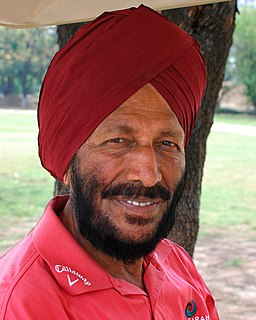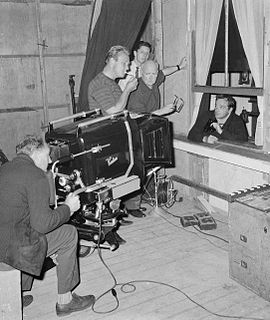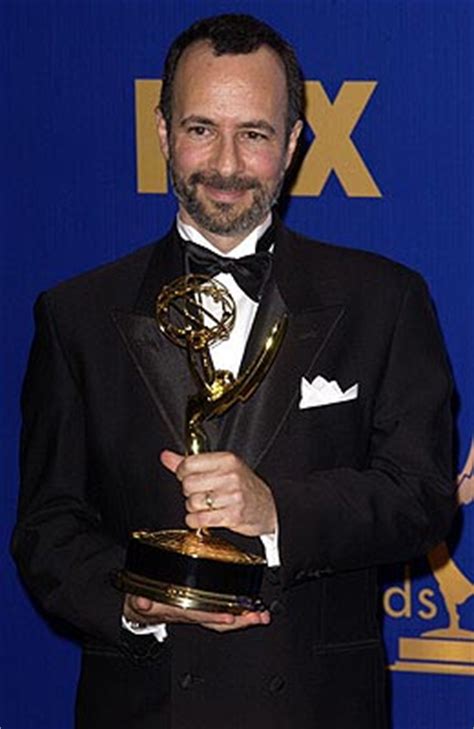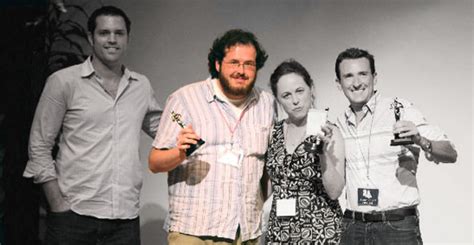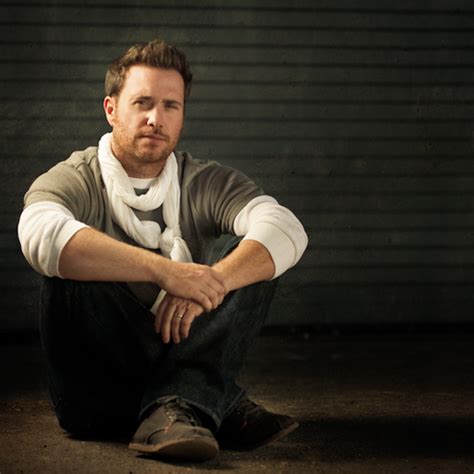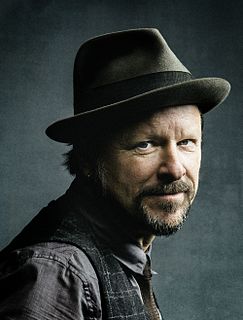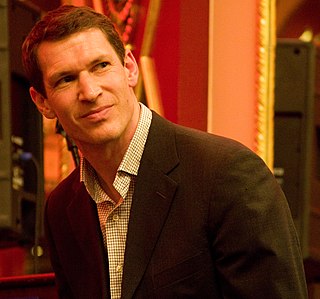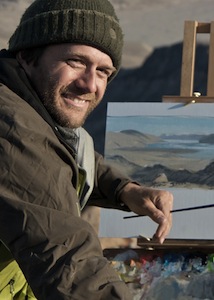A Quote by Pamela Yates
When you make a documentary film, after many years the only thing you remember is what you put into the film, not what you took out.
Quote Topics
Related Quotes
To the documentary director the appearance of things and people is only superficial. It is the meaning behind the thing and the significance underlying the person that occupy his attention... Documentary approach to cinema differs from that of story-film not in its disregard for craftsman-ship, but in the purpose to which that craftsmanship is put. Documentary is a trade just as carpentry or pot-making. The pot-maker makes pots, and the documentarian documentaries.
I'm ready for all forms of dialogue about the film The Conquest. There will be a lot of political talk, but I don't think the film itself will be scandalous. For the French, there are so many emotions relating to Sarkozy and politicians in general that I think the film will generate a lot of passion, whether it be negative or positive. Above all, it's a fictional film. It was important not to make a documentary and to really pay attention to the images. From the choice of the actors to the mise en scene, the film is completely cinematographic. It's not just a boring political movie.
My hat's off to documentary filmmakers. I don't know if I'm ever going back to it. You're treated like a second-class citizen at most film festivals. You take the bus while everybody else is flown first-class. If you're a feature film director, you're put in a five-star hotel, and if you're a documentary director, you stay in a Motel 6.
I went back to Dallas for a little while to finish my short film 'Rusty Forkblade.' It was not the instant success I thought it was going to be. There's a false narrative that if you make a short film right after senior year, you'll be plucked out to make a feature length film, and the rest is history. I didn't do that.
I was at a Madonna show many, many years ago and I was in the sweet spot and she came out and I mean it was the best part of the show. And I was shooting, shooting, shooting, shooting. And I'm like, "God, I must have shot a hundred pictures have I not run out of film?" And I opened the back of my camera and there was no film in there. So that happened to me only once.



